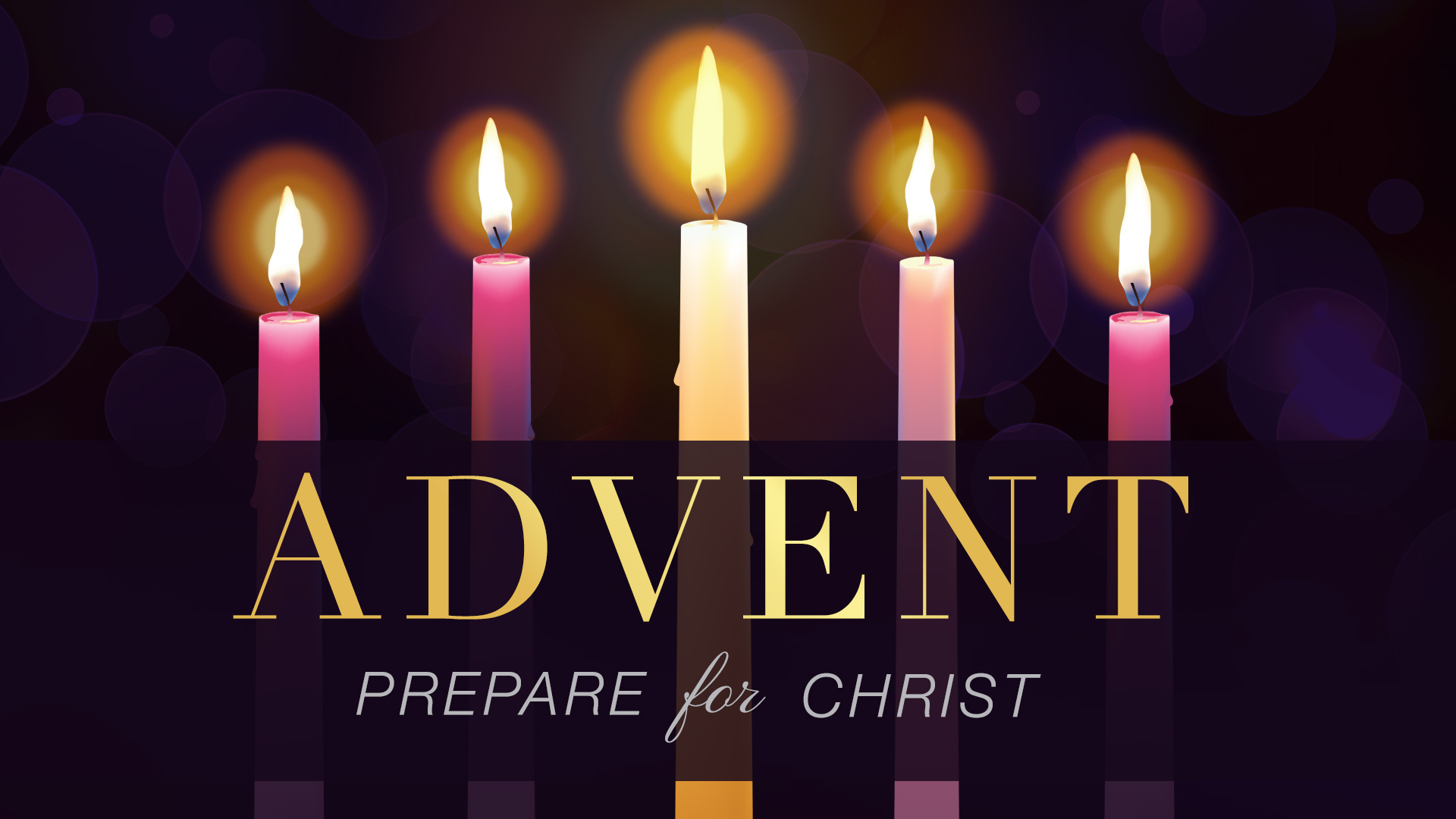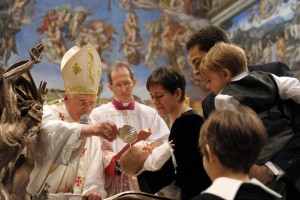
The Catechism of the Catholic Church says this:
“(W)hen the Church celebrates the liturgy of Advent each year, she makes present this ancient expectancy of the Messiah, for by sharing in the long preparation for the Saviour’s first coming, the faithful renew their ardent desire for his second coming. By celebrating (John the Baptist’s) birth and martyrdom, the Church unites herself to his desire: He must increase, but I must decrease” (CCC 524).
“He (Jesus) must increase, but I must decrease”. He must become greater, and I must become less. This statement of John the Baptist’s can easily be appropriated by us as we seek to stamp out our own selfishness and self-centredness this Advent.
Let’s really make an effort to make Advent and Christmas truly about our Lord this year – and what he wants for us, as opposed to what we might “get” this Christmas. And what he wants for us is holiness, which will in turn make us much happier (not to mention the people who have to live with us)! However, we need to battle the culture around us to do that – a culture that seeks to pull us farther and farther from Jesus and the true meaning of these sacred seasons.
Michaelann Martin says, “Either we live the liturgical year with its varying seasons of joy and sorrow, work and rest, or we follow the pattern of the world, writes Helen McLoughlin in ‘Advent and Christmas in a Catholic Home’, commenting on the challenge Catholics have of being in the world, but not of the world, throughout the year. She wrote these profound words in the 1950s, but they are even more important today because of the general decline in Catholic family life during the last 40 years. With two parents working in many households, there is less time to devote to the spiritual life of the family. As Catholic parents, we must readjust our priorities and teach our children by living our faith, both inside and outside the home.”
In other words, we have to be intentional about creating a Catholic culture in our own homes and families, or else we will be swept along by secularism, almost by default. We don’t want to become “Catholics in name only” (CINOs), so here are some ideas for creating family Advent traditions:
Children love to anticipate. In our family creche (manger) scene, we can make sure that we don’t place the Christ child in the manger until Christmas arrives. We can also have our own Advent wreaths and candles that are lit at mealtime, or during the family rosary.
Another highlight of Advent is the opportunity to teach children about the real St. Nicholas, whose feast we celebrated on Dec. 6. Santa Claus is, of course, based on St. Nicholas, but commercialism has obscured the historical figure of the saint, whose story is fascinating and can be taught to one’s children.
These are just some ideas – you can also create your own unique Catholic traditions within your family. The seasons of Advent and Christmas, lived well, make a deep impression on children that can last a lifetime.
What are your most cherished Advent and Christmas family traditions? Share this post on social media and let others know how your faith impacts your own family celebrations.


